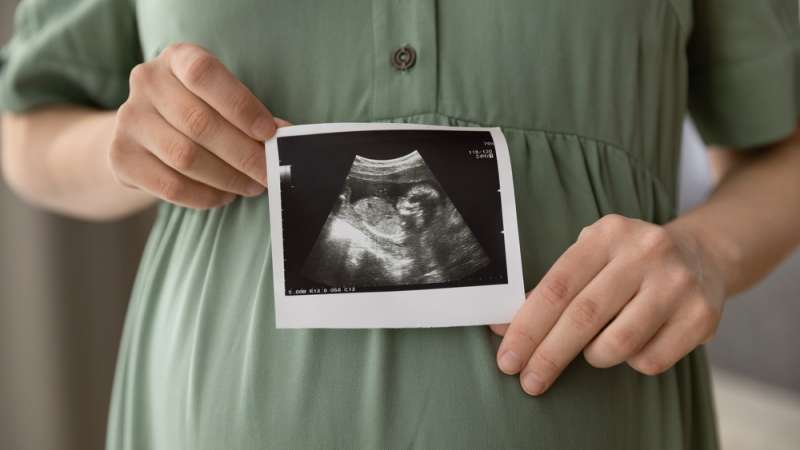
Myerson Solicitors in the Running for The Lawyer Awards 2025 in “The Independents” Category
Top 200 UK law firm Myerson Solicitors is delighted to announce its shortlisting for The Lawyer Awards 2025 in the prestigious “The Independents” category. This recognition comes after a year of significant growth and transformation, reflecting the...
Read NewsFind what you're looking for here
Filter by content type, specialist area or date here...

Building a Solid Foundation: Key Clauses for Shareholders Agreements
A shareholders' agreement, together with the company’s articles of association, are important constitutional documents for a company where there is more than one shareholder. These documents serve different purposes and have different legal...
Read Blog
Six Months On, Has Your Business Taken Reasonable Steps To Prevent Sexual Harassment In The Workplace?
From 26 October 2024, employers have faced increased obligations to take proactive steps to identify and prevent sexual harassment at work. Our employment lawyers reflect on the legal developments since October 2024 and examine what employers...
Read Blog
Whistleblowing In The Workplace: Lessons From ITV’s Malpractice
The return of ITV’s Malpractice for a second season has gripped viewers once again with its tense, emotionally charged portrayal of life inside a pressured NHS hospital. This time, the spotlight turns sharply onto whistleblowing, as a medical...
Read Blog
The Ins and Outs of a Legal Charge for Commercial Properties
When seeking finance for a commercial property, one of the key terms you'll likely encounter is a legal charge. Whether you're acquiring premises for your business or refinancing an existing asset, understanding how legal charges work is crucial to...
Read Blog
The Opportunities And Challenges Of Estate Planning With The Family Home
Often, the family home is one of the largest assets in a person’s estate and one of the trickiest to carry out estate planning with. House prices have increased substantially in the last decade, particularly during and following the pandemic, which...
Read Blog
International Surrogacy For UK Couples - All You Need To Know
In recent years, international surrogacy has become an increasingly considered option for individuals and couples in the UK who are looking to start or expand their families. Whether due to medical reasons or other personal circumstances, many find...
Read Blog
Opposing Lease Renewals in 2025: Key Case Law Shaping Landlord Rights Under the LTA 1954
In England and Wales, the process of renewing a commercial lease is governed by the Landlord and Tenant Act 1954, and can be initiated by either party, whether you are a landlord serving a Section 25 notice or a tenant serving a Section 26 notice...
Read Blog
Buying a Leasehold Property - What You Need To Know
Buying a home is an exciting milestone, but if you are planning to leasehold property, it’s important to do your homework. Make sure you understand exactly what you're buying, how the legal title is structured, how that could affect your rights...
Read Blog
Myerson Shortlisted for 'Team of the Year - Cheshire' at 2025 North West Rainmaker Awards
We’re proud to announce that Myerson has been shortlisted in the ‘ Team of the Year – Cheshire’ category at the 2025 North West Rainmaker Awards , hosted by TheBusinessDesk. com . The Rainmaker Awards celebrate the North West’s leading individuals...
Read News
Manchester Legal Awards 2025: Myerson Shortlisted in Two Key Categories
Myerson is proud to announce that it has been shortlisted in two key categories at the Manchester Legal Awards 2025: Corporate & Commercial Team of the Year and Large Law Firm of the Year (20+ Partners). This latest shortlisting recognises a...
Read News
Who Gets The House When An Unmarried Couple Splits Up?
When a cohabiting couple separates, the parties often want to know what happens with the property. Are they able to sell it? How is the equity split between them? Ultimately, if the parties are unable to agree between themselves, then the Court...
Read Blog
Navigating Liability Caps: An Overview From Topalsson v Rolls-Royce
Liability caps are among the most heavily negotiated terms in commercial contracts . They also come under close scrutiny in litigation when the defendant seeks to rely on the liability cap to reduce the amount it has to pay in damages. Our...
Read Blog